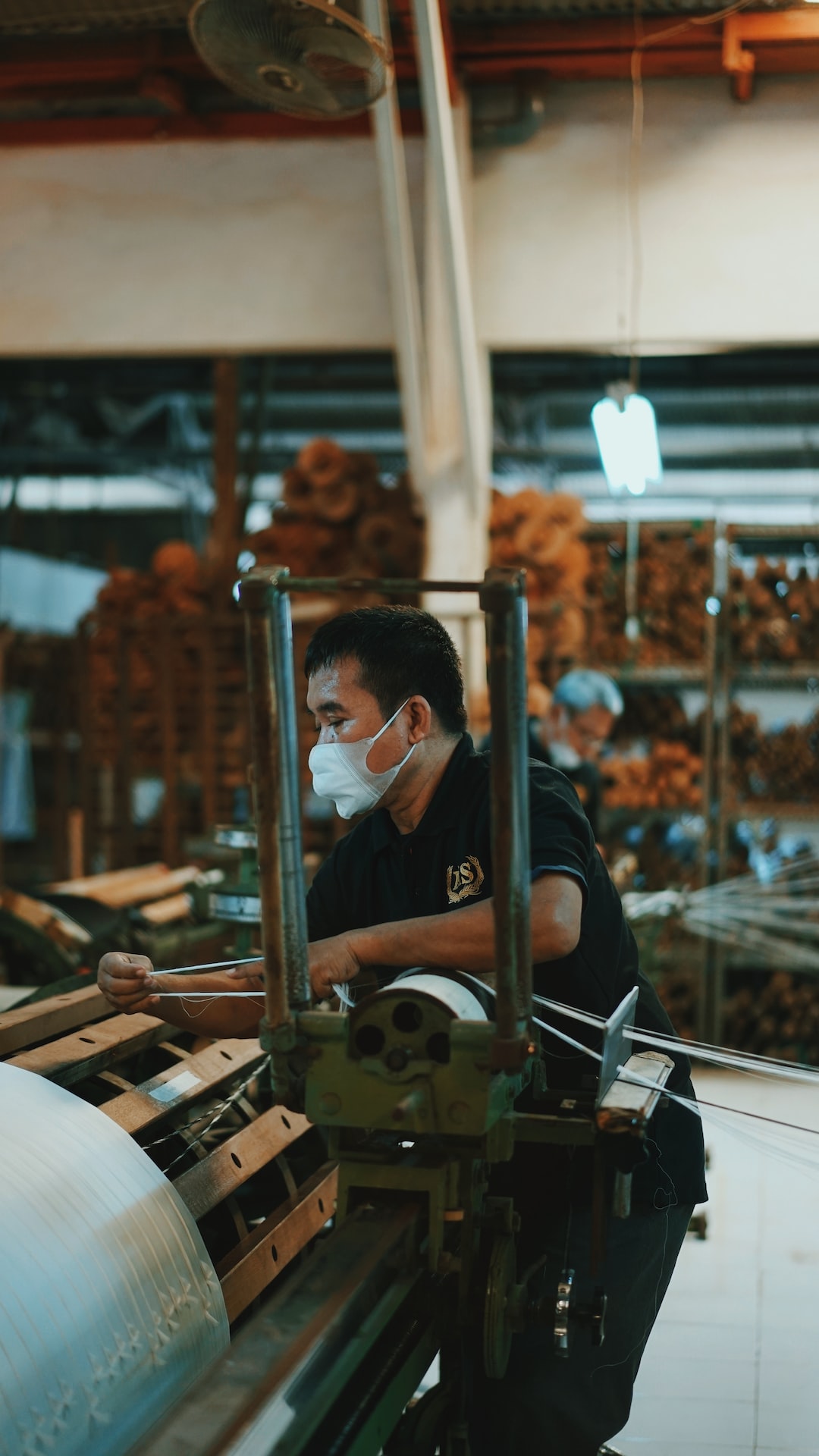Smart Factories: The Integration of IoT in Manufacturing Processes
In today’s digital era, industries are constantly evolving and seeking ways to streamline operations and increase efficiency. One such revolution that has taken the manufacturing sector by storm is the integration of IoT, or the Internet of Things, in manufacturing processes. This transformative technology has paved the way for the development of smart factories, where machines, devices, and systems communicate and collaborate with each other.
So, what exactly are smart factories, and how do they benefit the manufacturing industry? Smart factories can be defined as manufacturing facilities that have embraced digital transformation through the integration of IoT technologies. These factories leverage a network of interconnected devices, sensors, and software to collect, analyze, and exchange data in real-time, leading to improved efficiency and productivity.
The integration of IoT in manufacturing processes enables manufacturers to achieve unprecedented levels of automation and optimization. By collecting data from various sources across the factory floor, such as machines, sensors, and even employees, manufacturers gain valuable insights into their operations. This data can be used to optimize production schedules, predict maintenance needs, and detect potential bottlenecks.
One significant advantage of smart factories is the ability to achieve real-time monitoring and control. With IoT-enabled sensors embedded in manufacturing equipment and processes, manufacturers can constantly monitor key performance indicators and adjust operations accordingly. For example, if a machine is operating outside of optimal parameters, the system can automatically adjust settings or notify a technician for prompt attention, minimizing downtime and maximizing productivity.
The integration of IoT also allows for predictive maintenance in smart factories. By continuously monitoring machine conditions and analyzing historical data, manufacturers can predict when a machine is likely to fail and proactively schedule maintenance before a breakdown occurs. This proactive approach reduces unplanned downtime, improves equipment lifespan, and saves on repair and replacement costs.
Furthermore, smart factories enable manufacturers to enhance supply chain efficiency and customer satisfaction. With real-time visibility into supply chain operations, manufacturers can optimize inventory levels, track shipments in transit, and proactively address potential delays or disruptions. This level of transparency leads to improved on-time delivery, reduced stockouts, and better customer satisfaction.
The benefits of IoT in manufacturing processes extend beyond the factory walls. With connected devices and systems, manufacturers can achieve end-to-end visibility and control over their entire value chain. From suppliers to distributors, IoT enables seamless collaboration and data exchange, ensuring efficient and error-free operations across the entire supply chain.
However, the integration of IoT in manufacturing processes also poses certain challenges and risks. With an increased number of devices connected to a network, manufacturers must ensure robust cybersecurity measures to protect sensitive data from unauthorized access or cyber threats. Additionally, the implementation of IoT technologies requires significant investment in infrastructure, software, and training, making it essential for manufacturers to carefully assess the return on investment and long-term benefits.
In conclusion, the integration of IoT in manufacturing processes has revolutionized the industry, giving rise to smart factories. With real-time monitoring, predictive maintenance, and supply chain optimization, smart factories offer a level of efficiency and productivity that was previously unimaginable. While challenges and risks come with this transformative technology, the potential benefits are unparalleled. As industries continue to advance, embracing IoT and smart factories is no longer an option but a necessity for sustainable growth and competitiveness.

